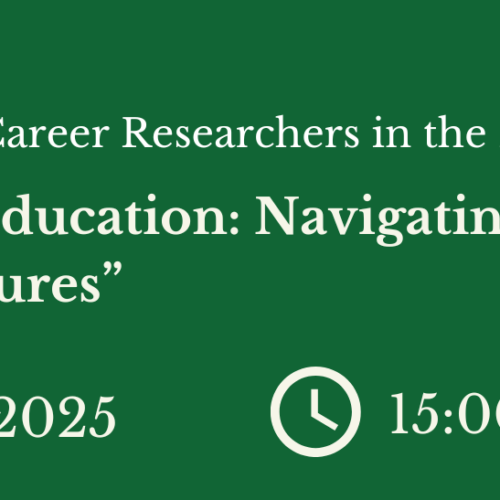Professor (W3) for Educational Sciences / focus on Educational Theory at University of Koblenz-Landau
The University of Koblenz-Landau, Faculty 5 Educational Sciences at the Campus Landau, invites applications for the position of
Professor (W3) for Educational Sciences with a focus on Educational Theory
to begin as soon as possible.
Responsibilities:
The professorship will make a significant contribution to research in the domain of Educational Theory. It is expected that the successful candidate participates in the further development of one of the faculty’s research profiles (“Normativität in Wissenschaft und Lebenswelt”, “Erziehung und Bildung unter Bedingungen der Heterogenität”, “Bildungsprozesse im Kontext von Organisationen”).
Required are experiences in the acquisition of competitive third-party funding, academic selfadministration and management. Teaching requirements of 9 semester hours per week have to be fulfilled, by offering courses in the teacher training program as well as other study programs at the faculty, with regard to both theoretical foundations of education and, if possible, qualitative research
methodologies.
About author
You might also like
Inviting New Work in LGBTQ+ Histories of Education
We invite scholars to submit new work in LGBTQ+ Histories of Education for a special issue of Historia y Memoria de la Educación (http://revistas.uned.es/index.ph/HMe), the online journal of the Spanish
Call for Applications – Professorship in Historical Educational Research
Application deadline: 09.05.25 From the announcement: The Faculty of Humanities and Social Sciences of Humboldt-Universität zu Berlin, Institute for Education Studies, and DIPF | Leibniz Institute for Research and Information
Appel à contributions | Call for papers: La prise de décision dans les structure éducatives | Decision-making in educational structures. Oct. 9-10, 2017 Toulouse. DEADLINE: Apr. 15, 2017
Colloque international La prise de décision dans les structures éducatives. Entre la norme et la pratique. (XIIIe-XXe siècles) International Symposium Decision-making in educational structures. Between standard and practice


